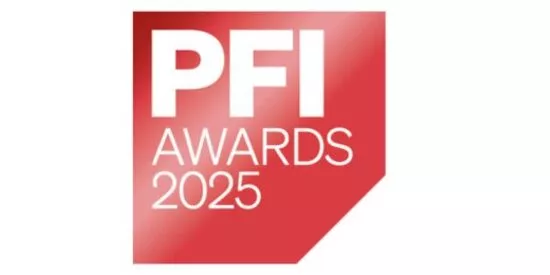
The transition in the automotive industry: navigating the shift to electric and autonomous vehicles
By Societe Generale experts Nicolas Sanson, Head of Automotive and Mobility Investment Banking and Christophe Hadjal, Regional sector Head of Battery, Mining and Industries for Europe.
The automotive sector is presently in the midst of a significant and multifaceted transformation, with profound impacts on economies and employment. Asia, with China at the forefront, is expanding its market share, while certain market players in Europe have to adapt their industrial set-up and are undergoing major reorganization.
This transformation is largely driven by the shift to electrification, a movement spurred by public policies aimed at curbing carbon emissions. Governments worldwide are employing a blend of incentives and penalties with a dual objective to promote the adoption of electric vehicles (EVs) and also to favor the development of national industrial ecosystems with a value chain approach (in Europe only, the automotive sector accounts for 13 million jobs).
The rise of new market leaders
In China, the shift towards electrification has led to the rise of BYD, now one of the most successful Original Equipment Manufacturers (OEMs), while Tesla, from the United States, has been the highest-valued OEM for several years, boasting a market capitalization of $1 trillion (Toyota, the second most valued OEM, stands at €250 billion). In Europe, OEMs have made strides in their electrification strategies, with an increase in EV sales. However, profit margins are under strain which has led already to the announcement of plant closures.
We anticipate the competition in Europe to heighten further ascertain Chinese OEMs plan to open plants in Europe in the coming years to better address the European EV market. This strategy of certain Chinese OEMs of ramping up their volume in Europe is driven by a fierce competition in their home market, while the US market may remain inaccessible to them.
In this fast moving and multi-faceted environment, European governments may consider recalibrating their EV targets and strategies which may depart in the short term from earlier expectations of a more rapid and linear penetration.
Exploring alternatives: hydrogen-powered vehicles
The electrification goal may be realized through EVs and potentially hydrogen-powered vehicles, gradually, in the latter half of this decade. At present, hydrogen vehicles cater to specific applications such as forklifts, buses, light commercial vehicles, and certain regions like China and, to a lesser extent, Europe. Costs are on the decline but are still prohibitively high for passenger vehicles. Nonetheless, select OEMs, including Toyota, Stellantis, BMW, and Hyundai, continue to invest in this area.
The promise of autonomous driving
Vehicle accidents claim 1 million lives annually. Autonomous driving technology is anticipated to decrease the accident rate and offer a more productive or leisurely in-car experience. The US ecosystem has made substantial investments in software for robotaxis, e.g. with Waymo now valued at $45 billion and a gradual rollout expected in the latter half of this decade. Concurrently, OEMs, particularly premium German brands like Mercedes, have made significant advancements in advanced assistance driving, achieving level 3 for certain functions. Level 3 means that drivers can momentarily remove their hands from the steering wheel and temporarily divert their attention from the road. As Level 3 remains expensive, most OEMs are therefore focusing on enhancing Level 2 systems (Level 2+) before introducing Level 3 later in this decade. Western OEMs seem to be in a relatively solid position regarding this technology, although the gap versus competition may narrow in the upcoming years.
The role of banks in the transition
For banks, and Societe Generale in particular, this shift presents business opportunities to support our clients and align ourselves with the best companies and technologies. In 2023, we advised Stellantis in acquiring a stake in Symbio, a fuel cell manufacturer and have also been advising Envision AESC on the financing of their French gigafactory in Douai. In 2024, we advised Verkor on the Project Finance for their gigafactory in Dunkirk and also Meridiam on investing in Verkor, as well as Atawey on acquiring McPhy charging stations, and Altris (a Swedish sodium ion battery company) on its Series B round. We also advise on broader decarbonization and fundraising themes as a placement agent. After closing the €2 billion Hy24 hydrogen fund in 2022, we reached a fundraising milestone for the Decarbonization Acceleration Fund (DAF) at $445 million in equity raised, leveraging the combined expertise of Societe Generale's equity teams in New York and Paris.




